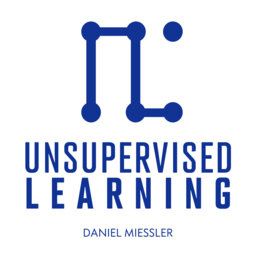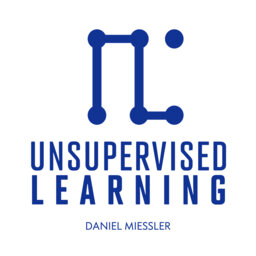UL NO. 440: RAID (Real World AI Definitions)
Twillio API Dump, North Korea Russia, Funny AI Memes, and more…
➡ Check out Vanta and get $1000 off:
vanta.com/unsupervised
Subscribe to the newsletter at:
https://danielmiessler.com/subscribe
Join the UL community at:
https://danielmiessler.com/upgrade
Follow on X:
https://twitter.com/danielmiessler
Follow on LinkedIn:
https://www.linkedin.com/in/danielmiessler
See you in the next one!
Discussed on this episode:
Intro (00:00:01)
Rebranding of Al Qaeda (00:01:06)
Reading Alex Ramos's Business Books (00:01:14)
Supporting a Struggling Army Veteran (00:01:54)
In-person Sessions with Entrepreneurs (00:02:36)
Real World AI Definitions Resource (00:03:00)
Defining AI (00:04:08)
Machine Learning Definition (00:06:15)
Prompt Engineering (00:08:18)
Retrieval Augmented Generation (00:09:22)
AI Agent Definition (00:10:20)
Chain of Thought (00:11:30)
Prompt Injection vs. Jailbreaking (00:12:23)
Artificial General Intelligence (00:13:24)
Sample Efficient AI (00:14:26)
Levels of AGI (00:15:25)
Artificial Super Intelligence (00:17:21)
The Levels of AI (00:19:40)
Real World AI Definitions (00:21:49)
Cloudflare's New Tool (00:23:51)
Emerging AI Capabilities (00:26:00)
Technology and Business Updates (00:27:54)
Impact of AI on Society (00:32:12)
Ground News Recommendation (00:34:29)
Aphorism of the Week (00:34:29)
In 1 playlist(s)
Unsupervised Learning
Unsupervised Learning is about ideas and trends in Cybersecurity, National Security, AI, Technology,…Social links
Follow podcast
Recent clips

Judge AI based on Output, Not Mechanism
06:58

Humans Need Entropy
04:19

Why I Think Karpathy is Wrong on the AGI Timeline
09:54
 Unsupervised Learning
Unsupervised Learning